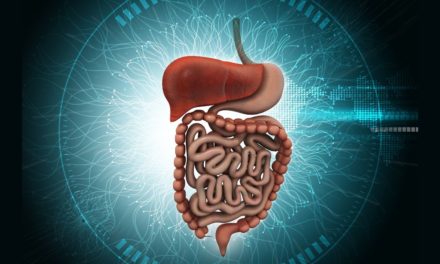Introduction:
Heartburn is a common but uncomfortable condition that affects people of all ages. It is characterized by heartburn, often with a sour taste in the mouth and acid reflux in the stomach. Although occasional irritation is usually harmless, chronic or severe cases may indicate underlying health problems that require attention. In this comprehensive article, we delve into the world of heartburn, exploring its causes, symptoms, and practical strategies for relief and prevention.
Finding the Causes of Irritation:
Heartburn occurs when stomach acid flows back into the esophagus, the tube that connects the throat to the stomach. This backward flow of acid, known as acid reflux, is primarily triggered by a weakened esophageal sphincter (LES). Common factors contributing to heartburn include:
- Poor diet: Consuming spicy, fatty or acidic foods can aggravate heartburn symptoms.
- Overeating: Overeating or eating close to bedtime can put extra pressure on the LES, resulting in acid reflux.
- Obesity: Being overweight can increase abdominal pressure, forcing stomach acid into the esophagus.
- Pregnancy: Hormonal changes and increased uterine pressure can cause heartburn in pregnant women.
- Smoking: Tobacco use weakens the LES, increasing the risk of acid reflux.
- Certain medications: Some medications, such as pain relievers and certain antibiotics, can trigger irritation as a side effect.
Signs of heartburn:
Heartburn presents a distinct set of symptoms that individuals should be aware of, including:
Burning sensation: burning pain in the chest, usually behind the breastbone.
Sour taste: A sour or bitter taste in the mouth, especially after eating.
Regurgitation: The feeling of stomach acid or food coming back up into the throat or mouth.
Difficulty swallowing: In severe cases, heartburn can lead to difficulty swallowing, known as dysphagia.
Effective Relief Strategies:
a Antacids: Over-the-counter antacids provide immediate relief by neutralizing stomach acid. However, they only offer temporary relief and are not long-term solutions.
b H2 blockers: Histamine-2 (H2) blockers reduce the production of stomach acid and provide longer-lasting relief than antacids.
c Proton Pump Inhibitors (PPIs): PPIs are powerful medications that block acid production, providing relief to people with frequent heartburn. However, they should be used under medical supervision due to possible side effects.
d Elevate the head: Elevating the head of the bed a few inches can help prevent acid reflux during sleep.
e Lifestyle changes: Avoid trigger foods, eat smaller meals, quit smoking, and maintain a healthy weight to reduce the frequency of heartburn.
Prevention and long-term management:
a Dietary changes: Adopt a balanced diet with less consumption of spicy, fatty and acidic foods.
b Portion control: Eat smaller, more frequent meals and avoid late night meals.
c Weight management: Maintain a healthy weight through regular exercise and a balanced diet.
d Smoking cessation: Quit smoking to improve overall health and reduce the risk of heartburn.
e Stress reduction: Practice stress reduction techniques such as yoga, meditation, or deep breathing, as stress can increase heartburn.
Result:
Heartburn is a common condition that can disrupt daily life and cause discomfort. Understanding its causes, symptoms, and effective relief strategies is critical to managing heartburn and preventing its recurrence. By adopting healthy lifestyle habits, making dietary adjustments, and seeking appropriate medical advice when needed, individuals can reduce heartburn symptoms and enjoy better digestive health. Remember, continued efforts toward prevention and long-term management can lead to a more comfortable and irritation-free life.










